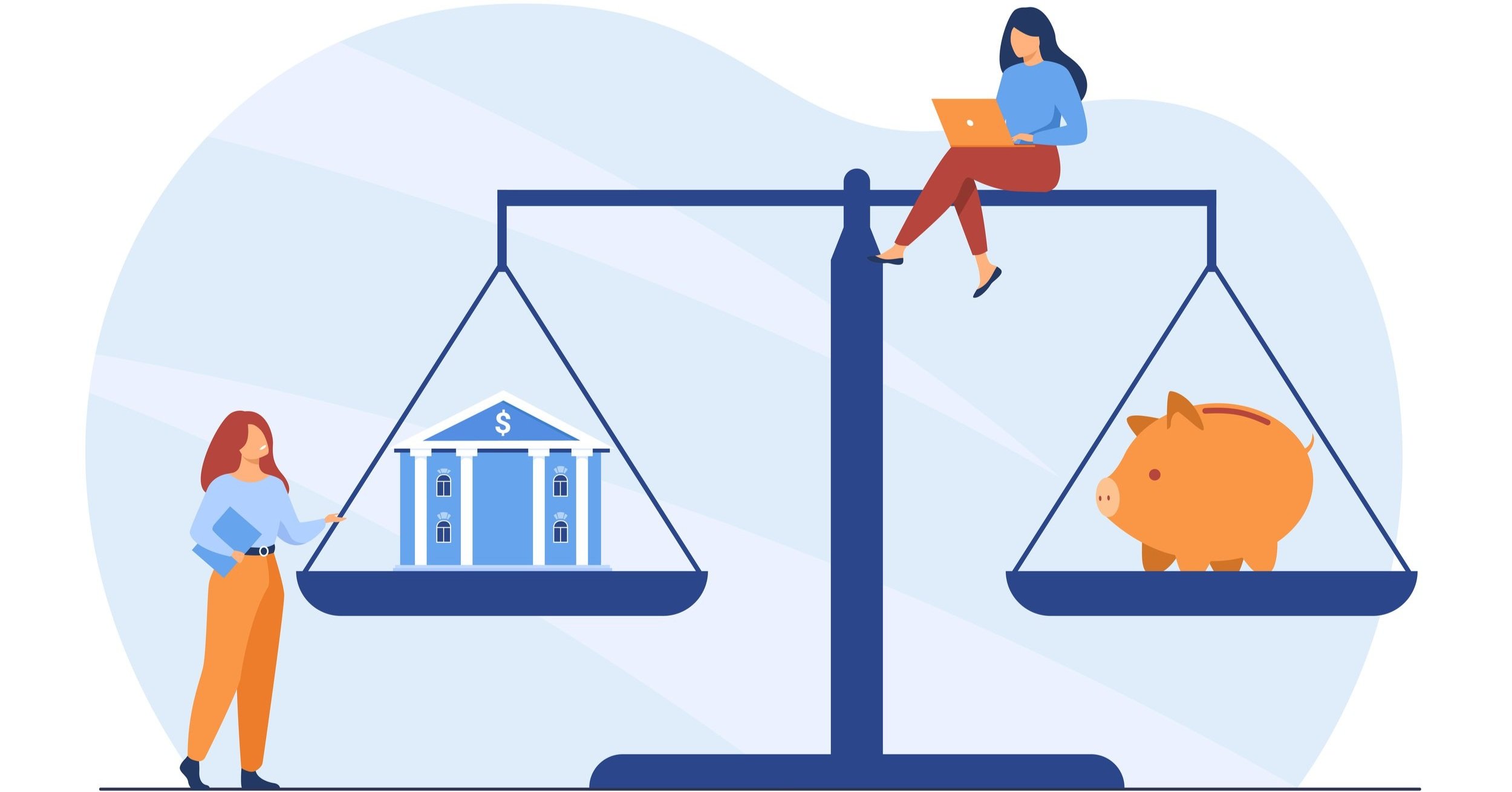Outstanding Balance: What it Means & How It Affects Credit
A 2023 report from Bankrate showed that 46% of credit card holders carry debt from month to month on one or more cards. Poorly managing this debt leads to dings on your credit report and a lower credit score.
Understanding and monitoring your outstanding balance is the best way to stay on top of credit card bills. We’ll explain what an outstanding balance is, how it’s different from a statement or principal balance, and how carrying a balance can affect your credit.
What is an outstanding balance?
An outstanding balance, or current balance, represents the amount of money owed on a credit card account or loan. This includes any purchases, interest charges, cash advances, and balance transfers. In other words, an outstanding balance is a real-time view of your credit card account.
Your outstanding balance changes each time you use your card, which helps you understand how much available credit you have at any given time. This directly relates to your credit limit, the maximum amount of money a lender allows a user to spend on a credit card or line of credit.
For example, let’s say your outstanding balance is $2,000, your credit limit is $4,500, and you have a pending transaction of $300 that has appeared in your account. At this time, your available credit is $2,200 (4,500 subtracted by $2,000 and $300 = $2,200).
Is an outstanding balance different from a statement balance?
An outstanding balance is not the same as a statement balance, but the two are often confused. A statement balance refers to the total amount of charges, payments, and credits on a credit card statement throughout a billing period. In other words, a statement balance is the amount of money owed in the previous statement, whereas an outstanding balance reflects a current picture of what you owe.
It’s important to note that a statement balance stays the same until the credit card issuer delivers the following monthly statement. Due to this, your outstanding balance and statement balance may or may not match up depending on if the card was used after the last statement balance period ended.
What is an outstanding principal balance?
An outstanding balance and a principal balance both describe the amount of money owed to a lender. However, they represent slightly different concepts.
Your principal balance refers to the initial amount of money borrowed from a lender that remains unpaid. In contrast to an outstanding balance, a principal balance only accounts for the original amount of the loan or debt and does not take into account any interest charges accrued over time.
How do You check your outstanding credit card balance?
Keeping track of your overall credit card balance is critical to building a stable financial standing and avoiding excessive debt. We recommend reviewing your statement and outstanding balances to help you keep track of any unnecessary spending.
The first step is knowing where to locate your outstanding balance. Credit card issuers typically allow customers to view their outstanding balance online or through a mobile app. You can also call your credit card issuer’s customer service line, where an agent can provide you with the correct information once your identity is confirmed. We recommend checking your balance at least once a month, but once a week is preferred.
How does an outstanding balance affect your credit score?
Your credit score takes into account several different metrics. One of the most influential scoring factors is credit utilization, which accounts for 30% of the FICO Score calculation. Credit utilization is the amount of revolving credit used divided by the total credit limit.
Continuously carrying a large credit card balance can lower your credit score. Staying on top of the outstanding balance on your cards can help you avoid this. Do you still have questions about building and maintaining credit in the United States? Upwardli is here to help! We can help you build or improve your credit score and learn more about the U.S. financial system.


